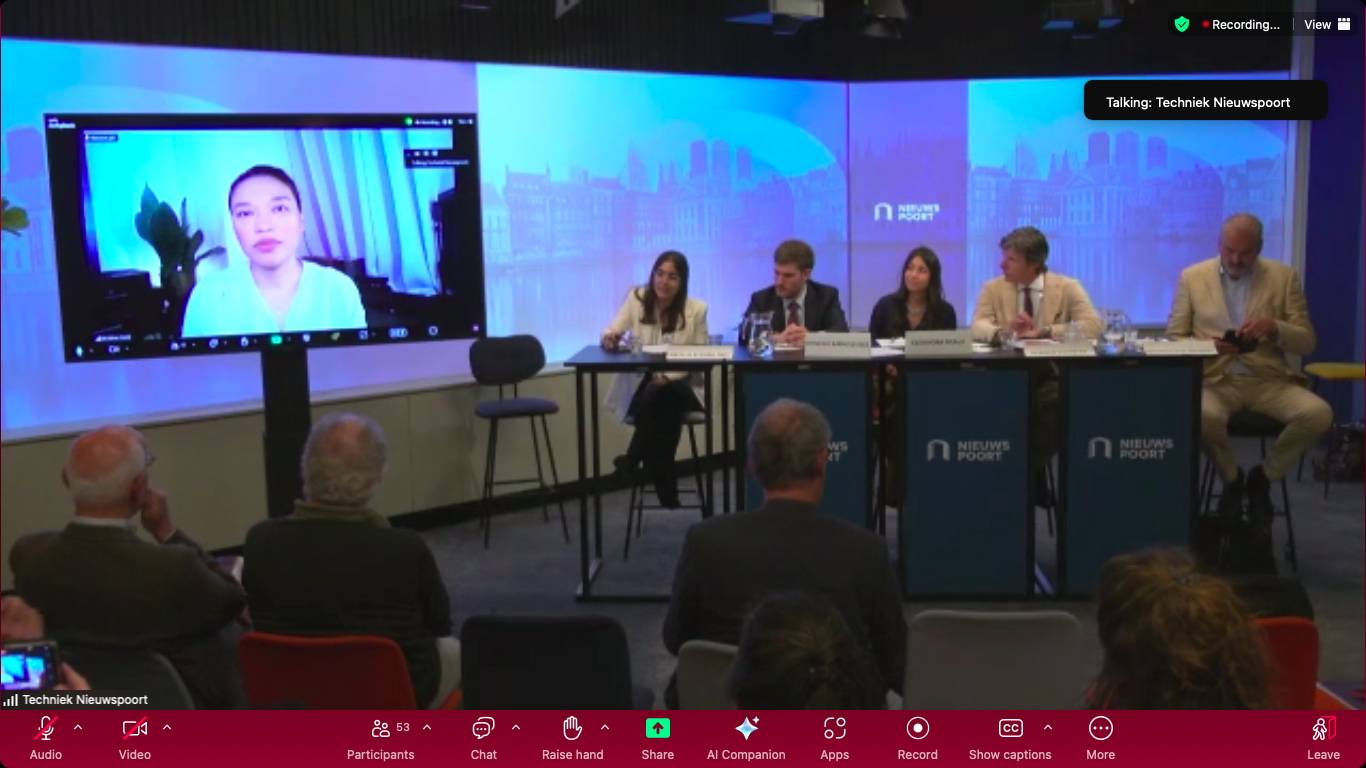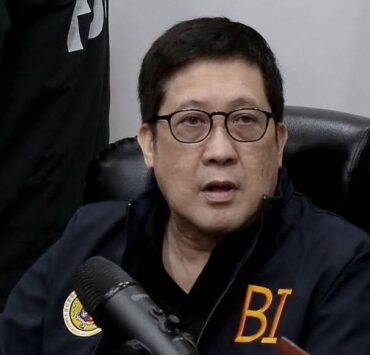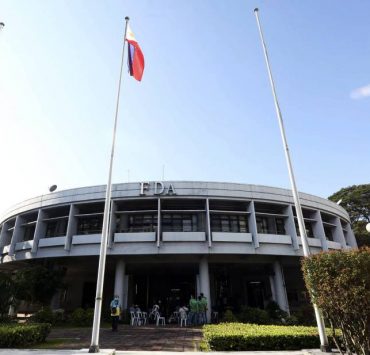Study: Gov’t targeted rights lawyers from 2016-2023

From 2016 up to 2023, the government “systematically” used “repressive techniques” to intimidate and neutralize legal professionals as part of a “broader, systematic effort to suppress those working to uphold human rights and the rule of law.”
This was among the findings of a fact-finding mission composed of 12 international legal experts which investigated the extrajudicial killings and other rights violations committed against lawyers, especially during the Duterte presidency.
“Their work, including representing victims of the war on drugs, religious and Indigenous minorities, farmers, and workers, appears to have made them primary targets of repression,” said the 80-page report titled “Black Robes, Red Targets.”
It was launched on June 4 by Caravana Filipina in The Hague, just a few kilometers from where former President Rodrigo Duterte is detained, awaiting trial before the International Criminal Court (ICC) for charges of murder as a crime against humanity.
The report combined desk research and fieldwork conducted in Metro Manila, the Cordillera region and Iloilo and Cebu provinces in June 2024.
The group’s aim was to contribute to the growing body of evidence on human rights violations committed during the Duterte presidency, “particularly in connection with, or in parallel to, his murderous war on drugs campaign.”
“As key actors in the administration of justice—one of the three core pillars of a democratic society—their role (legal professionals) in resisting authoritarianism and upholding the rule of law warrants dedicated attention. This report offers that focused examination and contributes to a broader understanding of the toll that the Duterte administration’s policies took on the legal community and the justice system as a whole,” it said.
The group found that from 2016 to 2023, a total of 59 legal professionals in the Philippines were subjected to threats, harassment, and in many cases, lethal attacks.
Similar profiles
The victims shared similar profiles—with many of them “long-standing members of lawyers’ unions or associations [who had] dedicated their practice to defending the rights of marginalized communities.”
Drawing from in-depth interviews and roundtable discussions with 22 lawyers, three judges, and 13 relatives of lawyers who were killed, the study found that “repressive techniques” were “systematically” used to intimidate and neutralize legal professionals starting with surveillance and intimidation, then Red-tagging, followed by “lawfare” (politically motivated legal harassment), and finally, extrajudicial killings (EJKs).
First, the victims would report seeing unmarked vehicles parked outside their houses all day, or soldiers standing in hallways outside courtrooms.
Next, there would be posters with their faces displayed in public, with “Fake people’s lawyers!” or “Lawyers of terrorists!” written in bold text.
This would be followed by “lawfare” or the use of legal tools to harass and intimidate them, often through “arbitrary” search warrants or charges of violation of the antiterrorism law.
Murder as last resort
But in some instances, the lawyers were either attacked or killed. The report cited the cases of lawyer Angelo Guillen, who was brutally attacked and stabbed with a screwdriver by two men in March 2021, and National Union of Peoples’ Lawyers Negros secretary general Benjamin Ramos, who was Red-tagged in a poster put up by police in April 2018, six months before being killed in Kabankalan, Negros Occidental.
Guillen, who was providing legal services to the victims of the Tumandok massacre in Panay, survived the attack but had to undergo extensive surgery, physical therapy, and nearly a month of hospitalization.
Rights lawyer Kristina Conti, who assists EJK victims and their families, was herself targeted shortly after Duterte was turned over by the Philippine government to the ICC on March 11.
Shifting landscape
On that day, Conti said it felt like “tectonic plates colliding.”
“It changed the landscape permanently, hopefully. It showed us that the rich and powerful could be arrested and detained on these kinds of violations,” she said at the report’s launch in the Netherlands, speaking via videoconference.
But in turn, victims were vilified and attacked and as their lawyer, Conti also became a target.
“Myself as a woman first belittled for looks, as always in any society. I was discredited as a lawyer, called a liar, called stupid. I was Red-tagged and terrorist-tagged as if to raise doubts as to my allegiances,” she said.
With one exception, none of the killings of legal professionals examined by the group have ended up in court.
“The delegation observed a consistent pattern of incomplete and inadequate investigations following these incidents, indicating that the Philippines has repeatedly failed to fulfill its obligations … to thoroughly investigate unlawful or suspicious deaths and physical attacks,” it said.
It made some recommendations to the Philippine government and other stakeholders to address the problem, such as creating a special protection protocol for judges and prosecutors who face threats due to rulings and prosecutions in sensitive cases.
The Supreme Court has also taken steps to protect members of the judiciary, as it appointed in March retired Gen. Manuel Gaerlan as the first chief marshal of the newly established Office of the Judiciary Marshals. He will be in charge of ensuring the security of judges, court personnel and other staff, with the support of three deputy marshals for Luzon, Visayas and Mindanao.

















